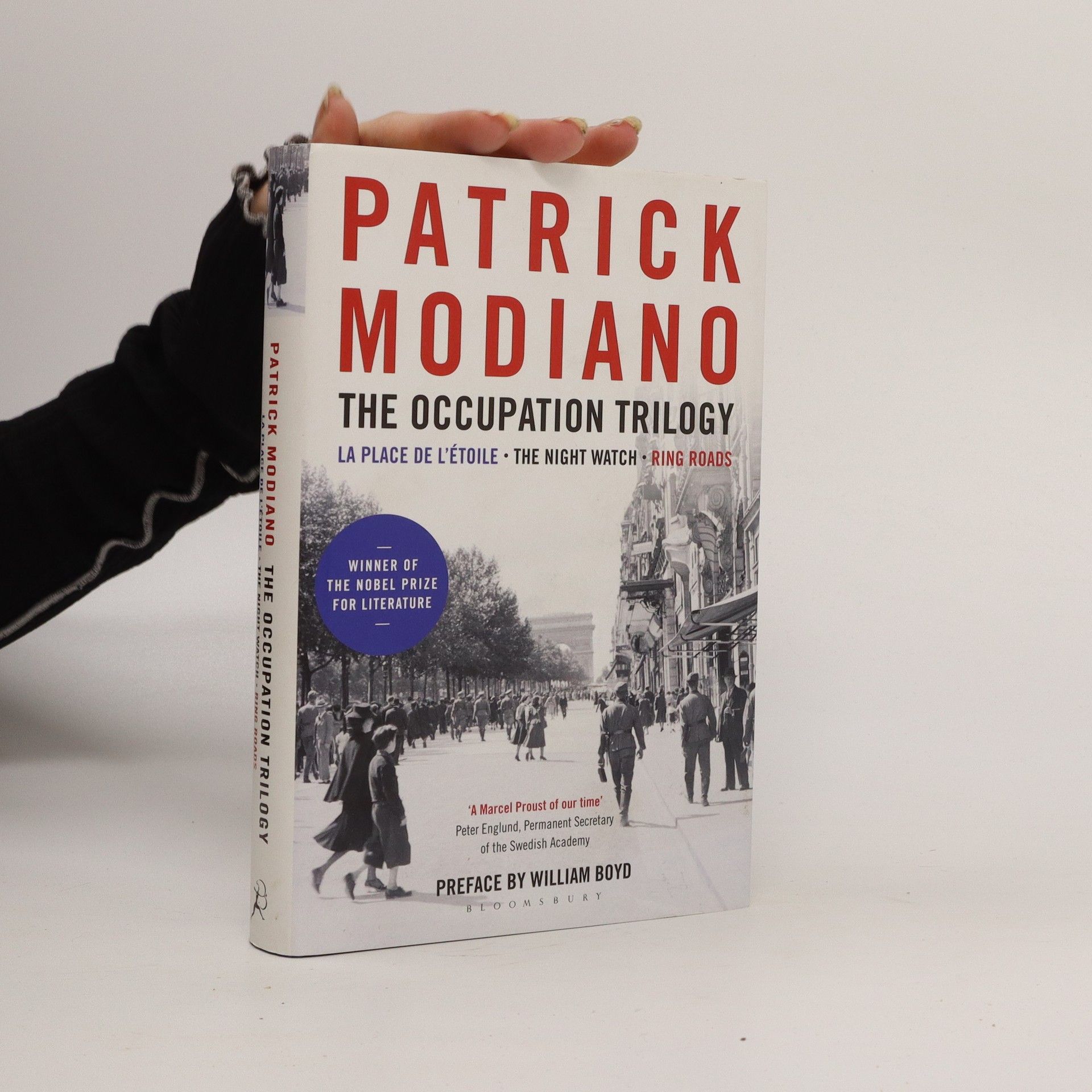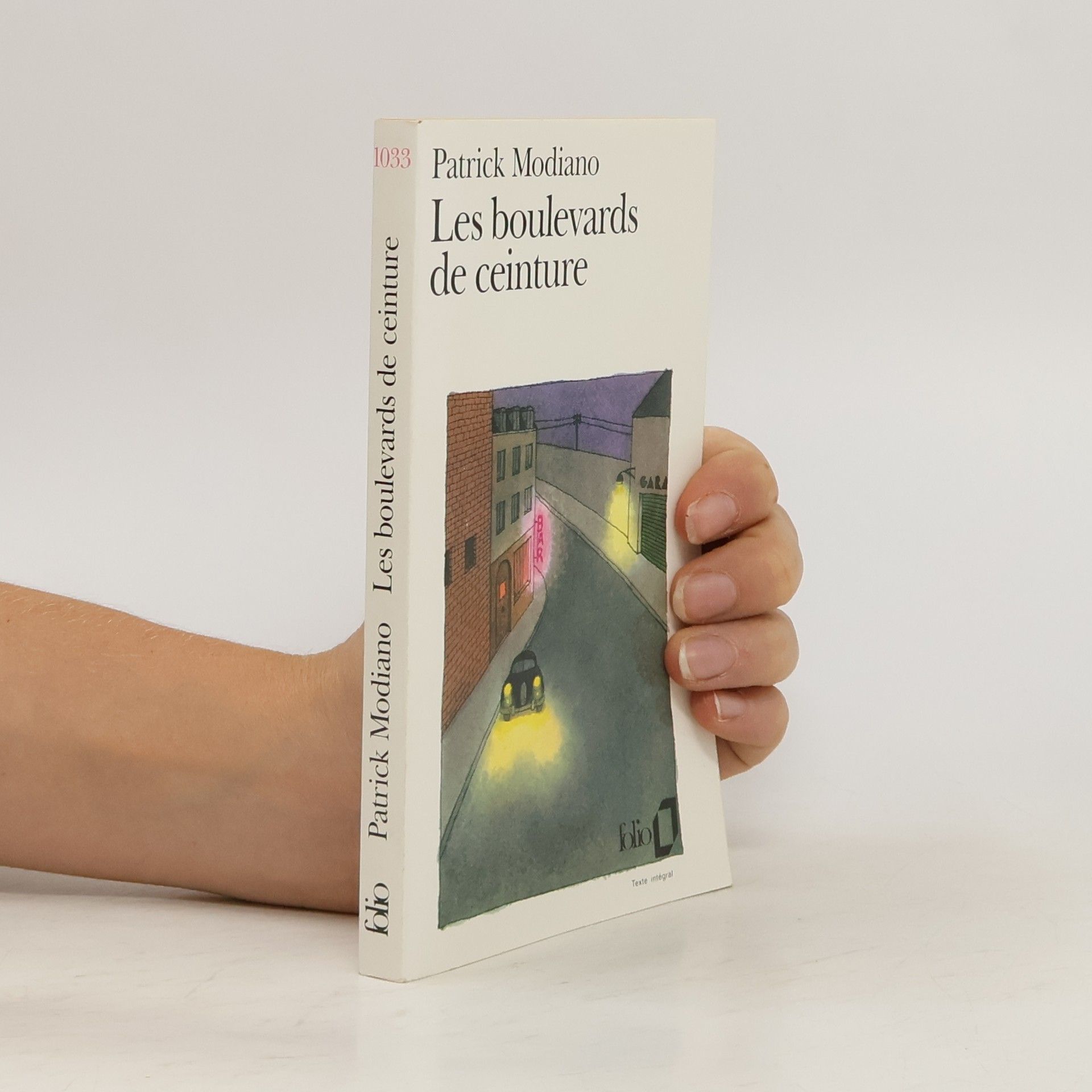Literatura popularna w języku francuskim przeznaczona do utrwalania nauki języka.
Trilogie « de l'Occupation »Séries
Cette trilogie plonge dans les recoins sombres et grotesques de la psyché humaine pendant l'occupation en temps de guerre. Elle suit des protagonistes déchirés entre leurs démons intérieurs, des questions d'identité et les dilemmes moraux posés par une ère d'oppression. La série explore une atmosphère hallucinatoire peuplée de personnages bizarres naviguant sur la frontière floue entre la réalité et l'auto-illusion. Elle se présente comme une satire mordante, n'hésitant pas à exposer les aspects les plus sombres de la nature humaine dans des circonstances extrêmes.






Ordre de lecture recommandé
- 1
- 2
Comment devenir traître, comment ne pas l'etre ? C'est la question que se pose le héros du récit qui travaille en meme temps pour la Gestapo française et pour un réseau de résistance. Cette quete angoissée le conduit au martyre, seule échappatoire possible. Par ce livre étonnant, tendre et cruel, Modiano tente d'exorciser le passé qu'il n'a pas vécu. Il réveille les morts et les entraîne au son d'une musique haletante, dans la plus fantastique ronde de nuit.
- 3
Boulevards de ceinture
- 183pages
- 7 heures de lecture
Literatura popularna w języku francuskim przeznaczona do utrwalania nauki języka.
The Occupation Trilogy
- 352pages
- 13 heures de lecture
'Brisk, smart, witty, elliptical ... Recalls the directors of the New Wave ... Bracing and brilliant'Independent When Patrick Modiano was awarded the 2014 Nobel Prize for Literature he was praised for using the 'art of memory' to bring to life the Occupation of Paris during the Second World War. Born in 1945, Modiano's brilliant, angry writings burst onto the Parisian literary scene and caused a storm. His first, ferociously satirical novel, La Place de l'Étoile, was remarkable in seriously questioning both Nazi collaboration in France and the myths of the Gaullist era. The Night Watch tells the story of a man caught between his work for the French Gestapo and for a Resistance cell. Ring Roads recounts a son's search for his Jewish father, who disappeared ten years previously. These brilliant, almost hallucinatory, evocations of the Occupation attempt to exorcise the past by exploring the morally ambiguous worlds of collaboration and resistance.
Trilogía de la ocupación
- 357pages
- 13 heures de lecture
Este volumen reúne las tres primeras novelas de un autor fundamental de las letras francesas contemporáneas. Tres novelas que recibieron numerosos galardones –entre ellos el Gran Premio de la Academia Francesa– y que representan el primer y más brillante bisturí novelístico de la turbiedad, la complicidad social y la fantasmagoría, del antisemitismo, el crimen organizado y la fiesta de algunos en este negro período del siglo XX francés. Concretamente del París ocupado, su gestación y consecuencias. Entre el delirio, el sueño y la falsificación desfilan todos los fantasmas de la época. Entre ellos, el padre –ese eterno modianesco–, una banda criminal que gira en su provecho la amenaza del enemigo y la locura ideológica –retrato del soporte intelectual de aquellos años– de un judío antisemita. Y todo ello contado, en palabras de José Carlos Llop, prologuista a esta edición, «como si Scott Fitzgerald y Dostoievski salieran de correría nocturna y en vez de bares hubieran visitado varios círculos del infierno con un espíritu entre la frescura fitzgeraldiana y el fatalismo nihilista del ruso, mezclado con cierta atmósfera a lo Simenon». Un libro absolutamente imprescindible.
Occupation Trilogy
- 352pages
- 13 heures de lecture
When Patrick Modiano was awarded the 2014 Nobel Prize for Literature he was praised for using the 'art of memory' to bring to life the Occupation of Paris during the Second World War. Born just after the war, Modiano was an angry young man in his twenties when these three brilliant, angry novels burst onto the Parisian literary scene and caused a storm.The epigraph to his ambitious first novel, among the first to seriously question both wartime collaboration in France and the myths of the Gaullist era, reads: 'In June 1942 a German officer goes up to a young man and says: 'Excuse me, monsieur, where is La Place de l'�toile?' The young man points to the star on his chest.' The Night Watch tells the story of a young man, caught between his work for the French Gestapo, his work for a Resistance cell informing on the police and the black market dealers whose seedy milieu he shares. Ring Roads recounts Serge's search for his father, who disappeared from his life ten years earlier. He finds him trying to survive the war years in the unlikely company of spivs, anti-Semites and prostitutes, putting his meagre business skills at the service of those who have no interest in him or his survival. These brilliant, almost hallucinatory evocations of the Occupation, attempt to exorcise the past by exploring the morally ambiguous worlds of collaboration and resistance.